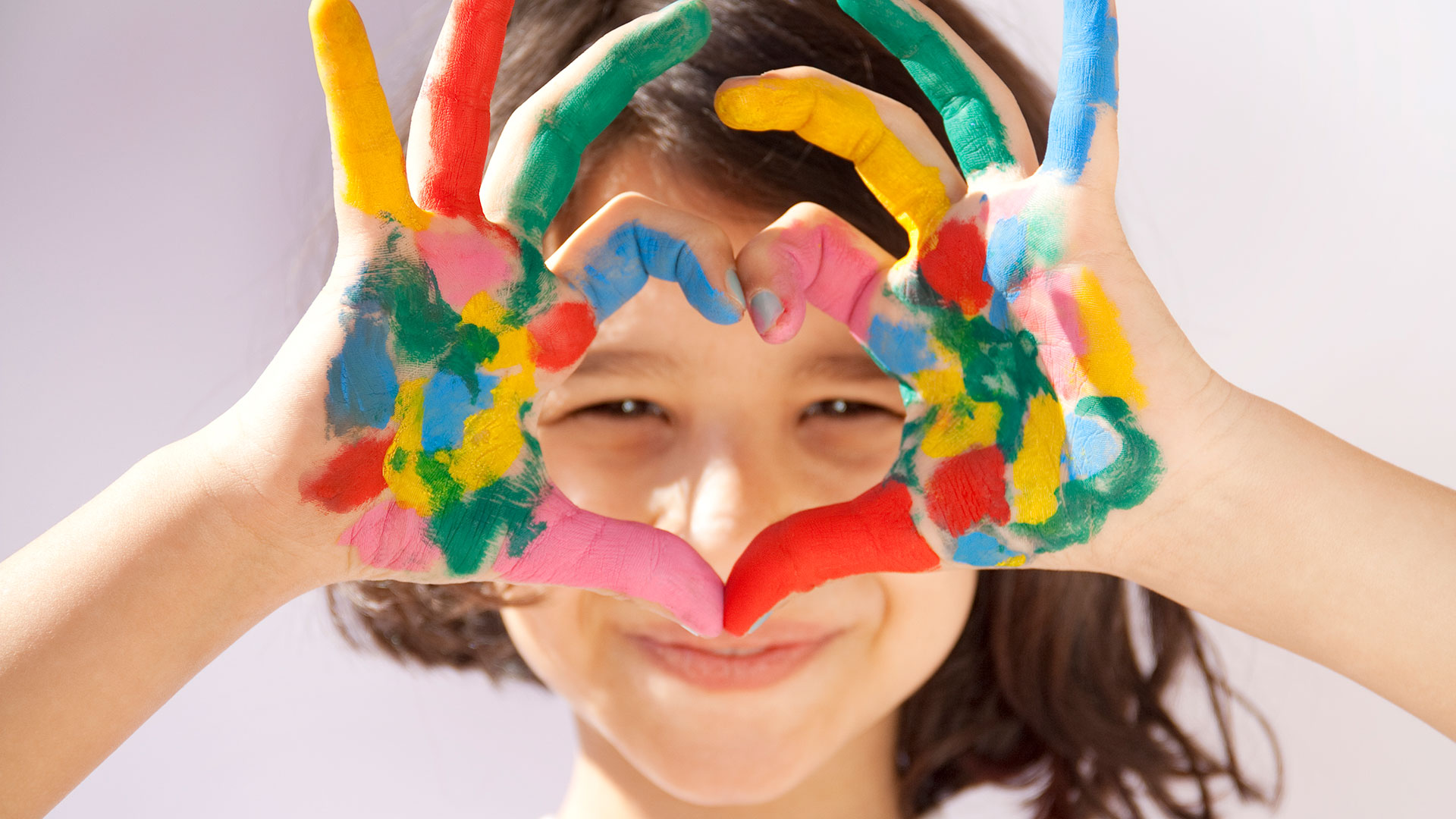Social and emotional skills are essential for the holistic development of young children. These skills encompass the ability to understand and manage emotions, establish positive relationships, and make responsible decisions. As children navigate their early years, developing these competencies lays a foundation for their future success in school, work, and life. This article explores the importance of social and emotional development in infant daycares in Fort Collins, key components of these skills, effective teaching strategies, and the roles of caregivers and educators in fostering a supportive environment.
Importance of Social and Emotional Development
Foundation for Future Success
Research consistently shows that social-emotional skills are crucial for academic achievement. Children who can manage their emotions and interact positively with peers are more likely to succeed in school settings. These skills help children navigate challenges, build resilience, and foster a sense of belonging. Furthermore, strong social-emotional skills contribute to better mental health outcomes, reducing the risk of anxiety and depression later in life.
Key Components of Social and Emotional Skills
Understanding Emotions
One of the first steps in developing social-emotional skills is helping children recognize their own feelings and those of others. This includes:
- Identifying Emotions: Teaching children to label their emotions (happy, sad, angry, etc.) helps them articulate their feelings.
- Expressing Emotions Appropriately: Guiding children on how to express their emotions in socially acceptable ways fosters healthy communication.
Interpersonal Skills
Interpersonal skills involve the ability to interact effectively with others. Key aspects include:
- Cooperation: Learning to work together towards common goals.
- Sharing: Understanding the value of sharing resources and space.
- Conflict Resolution: Developing strategies to resolve disagreements peacefully.
Self-Regulation
Self-regulation is crucial for managing impulses and behaviors. It involves:
- Controlling Emotions: Teaching children techniques to calm down when upset.
- Managing Behavior: Helping children understand appropriate behaviors in different contexts.
Strategies for Teaching Social and Emotional Skills
Creating a Supportive Environment
A nurturing environment is vital for promoting social-emotional learning. This can be achieved by:
- Building Positive Relationships: Establishing trust between educators/caregivers and children encourages open communication.
- Establishing Consistent Routines: Predictable routines help children feel secure and understand expectations.
Explicit Teaching of Skills
Directly teaching social-emotional skills can be highly effective. Methods include:
- Role-Play: Engaging children in role-playing scenarios allows them to practice empathy, cooperation, and conflict resolution in a safe setting.
- Storytelling: Sharing stories that highlight emotional themes can stimulate discussions about feelings and appropriate responses.
Activities to Promote Social and Emotional Skills
Interactive Games
Games can be powerful tools for teaching social-emotional skills. Examples include:
- Board Games: Games that require turn-taking encourage patience and listening skills.
- Role-Playing Scenarios: Creating situations where children must negotiate or resolve conflicts helps them practice these essential skills.
Storytelling and Discussions
Books that focus on emotional themes provide excellent opportunities for discussion. Activities might include:
- Reading Aloud: Choosing stories that depict various emotions encourages children to express their thoughts about characters’ feelings.
- Group Discussions: Facilitating conversations about how characters manage their emotions helps reinforce empathy.
The Role of Caregivers and Educators
Modeling Behavior
Adults play a crucial role in shaping children’s social-emotional development by modeling appropriate behaviors. This includes:
- Demonstrating Emotional Responses: Showing how to handle disappointment or frustration teaches children healthy coping mechanisms.
- Exhibiting Positive Social Interactions: Engaging positively with others sets an example for children to follow.
Active Listening Techniques
Active listening is essential for validating children’s feelings at best infant daycares in Fort Collins. Techniques include:
- Engaging at Their Level: Kneeling or sitting at eye level helps create a connection.
- Reflecting Feelings: Paraphrasing what a child says shows understanding and encourages further expression.
Challenges in Developing Social and Emotional Skills
Identifying Difficulties
Some children may face challenges in developing social-emotional skills due to various factors such as temperament or environmental influences. Signs may include:
- Difficulty making friends
- Frequent outbursts or tantrums
- Struggles with self-regulation
Strategies for Support
For children who find social interactions challenging, consider:
- Individualized Support Plans: Tailoring strategies to meet specific needs can help these children develop essential skills.
- Collaboration with Specialists: Engaging with child psychologists or counselors may provide additional resources for support.
Collaborating with Families
Engaging Parents in Development
Family involvement is crucial in reinforcing social-emotional skills at home. Strategies include:
- Parent Workshops: Offering workshops on social-emotional learning can equip parents with tools to support their child’s development.
- Providing Resources: Sharing books, games, or activities that promote social-emotional learning encourages family engagement.
Conclusion
Building social and emotional skills in early learners is vital for their overall development and future success. By creating supportive environments, teaching explicit skills, engaging families, and modeling positive behaviors, caregivers and educators can significantly impact children’s lives. As we prioritize social-emotional learning in daycares in fort collins, we pave the way for healthier relationships, better academic outcomes, and well-rounded individuals ready to thrive in an increasingly complex world.
Also Read: Creating a Daily Routine for Children in Preschools
